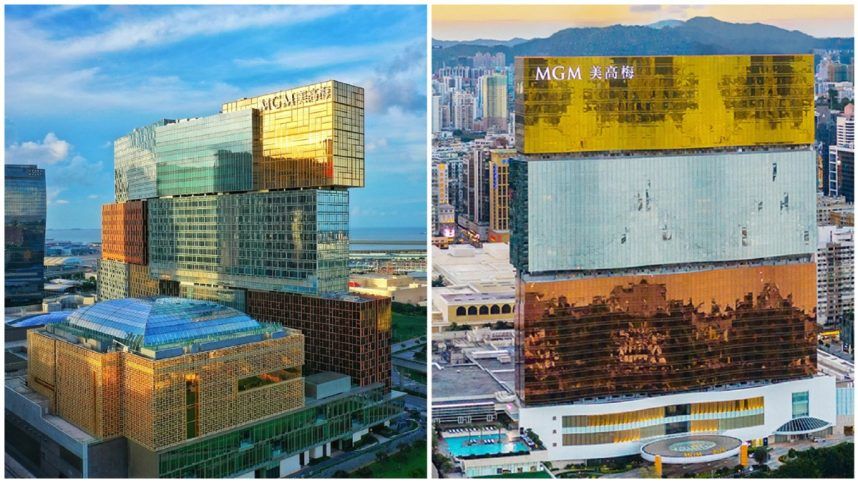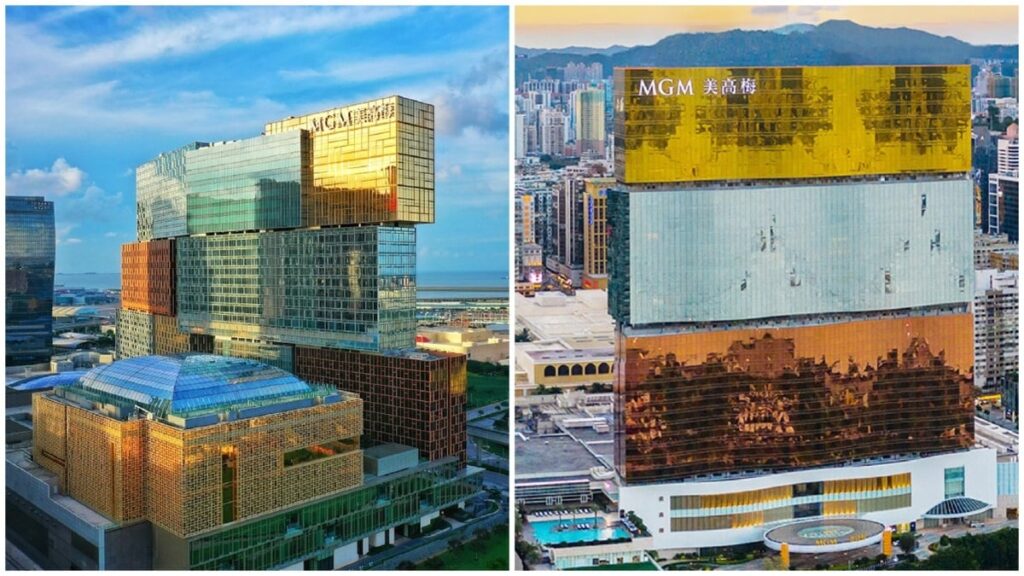Posted on: June 19, 2024, 11:10h.
Last updated on: June 19, 2024, 11:25h.
MGM China Holdings Ltd., majority owned by MGM Resorts International, must invest $1.9 billion on nongaming projects at its two casino resorts in Macau before 2032. The company is reportedly focusing the mandated investment budget on wellness offerings and additional hotel rooms.

In exchange for a 10-year gaming license extension reached with the Macau Special Administrative Region (SAR) Government in December 2022, MGM China agreed to invest $1.9 billion into MGM Macau and MGM Cotai. The money must go toward nongaming endeavors.
MGM China has already announced its plans to construct and open an art museum and wellness center at MGM Macau in the city’s historic downtown area on the peninsula. Rumblings are now surfacing that the company is planning a similar wellness retreat at MGM Cotai, including spas and health treatment services.
The Cotai Strip is Asia’s version of Las Vegas and is where most of Macau’s glitzy casino resorts stand.
Bloomberg first reported on the rumors regarding MGM China’s nongaming investment plans.
Wellness, More Hotel Rooms
Along with self-care and health service amenities at its two Macau casinos, Bloomberg reports that MGM China will focus on expanding its number of hotel rooms at both properties. MGM Macau currently has about 600 guestrooms. MGM Cotai has roughly 1,400 occupancies.
At 2,000 rooms, MGM is the smallest hotel player among the enclave’s six licensed casino operators. By comparison, Sands China Ltd., the Chinese subsidiary of Las Vegas Sands, offers the most casino hotel rooms with approximately 12,400.
MGM reportedly seeking to increase its overall number of rooms is presumably a sound bet, as Macau today has far fewer VIP high rollers and must bring in more general leisure travelers.
Macau, at the direction of Beijing, forced out most junket operators amid the pandemic. Junkets were responsible for keeping Macau casino high-roller rooms bustling for years, but China President Xi Jinping in recent years became concerned with the significant outflow of money from the mainland through Macau.
The SAR is considered a tax haven for its advantageous personal tax structure compared with the highly taxed communist regime on the mainland.
Casinos are pivoting away from the high roller to the premium mass market, or general public consumers who are capable and willing of spending thousands of dollars a day whether it be on the casino floor or other areas of the resort.
Integrated Resorts, Integrated Wellness
The late Sheldon Adelson, the founder of Sands, is often credited with developing the integrated resort casino concept.
An integrated resort typically includes a casino, hotel, convention facilities, entertainment venues, luxury retail shopping, and fine dining. The integrated resort term originated in Singapore after Sands opened Marina Bay Sands in 2010.
While spa services and salons have long been a component of integrated resorts, a focus on wellness continues to find favor in the IR industry. In its ongoing play to gain a casino license in downstate New York, Sands last year announced it would bring a Canyon Ranch to its Long Island destination should it secure one of the three gaming concessions.
Canyon Ranch is a leader in wellness retreats. Canyon Ranch resorts offer an array of holistic services in spa and beauty, fitness, nutrition, health, mind, and spirit. The Venetian Resort in Las Vegas houses a Canyon Ranch.




